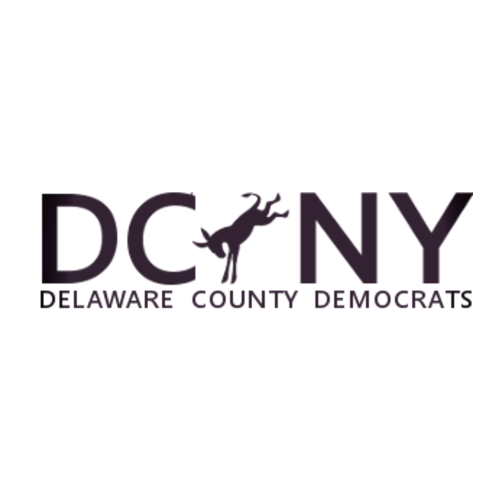
In May, we polled our readers to ask how they would be affected by Trump’s tariffs. Although the trade war continues to be a shifting landscape, the average level of concern people voiced is 8.6 on a scale of 1 to 10, with working folks feeling a slightly greater concern over those who are retired. Here are some key takeaways:
Retired folks already feel the hit to their retirement savings.
Nearly everyone expressed concern about higher cost of basic goods.
One third worry that their own jobs, household income, or business revenue will be directly impacted.
Many will tighten spending, as ordinary goods and big ticket items become more expensive. Several said they’ll have to adjust plans for home renovation and repairs because of skyrocketing building costs. For others, the stakes are more dire. One respondent is postponing the purchase of a much-needed new car. A Kortright resident, while worried about losing their job, needs home repairs that are “a matter of safety, not aesthetics.”
Stock market fluctuations affect more than retirement accounts. Cathy Popp-McKenna, Executive Director of Stamford Wellness Center (SWC) explained the threat to non-profits. “We’re mostly funded by foundations, so Federal cuts don’t directly impact us, but shrinking investment returns reduce what philanthropists can give. We’re all competing for a smaller pot of public and private money –and in stressful times, there’s more need than ever for the low-cost mental health services we provide,” Cathy said.
Tara Vitti, chef at Hamden Inn, told us how uncertainty ripples. Businesses, she says, will suffer from tighter spending—both from locals, and through a drop in tourism. Everyone knows that restaurants face higher food prices, but there are less obvious increases to other essential materials, such as the cost of take-out containers. “We can’t predict customer volume. So should we take advantage of bulk pricing on supplies, or will it be a waste of money? It reminds me of Covid,” she says.
Many people expressed care for their neighbors and local farms and businesses. Gail from Sidney says she’ll reduce her own spending, but worries “about the people who are already struggling to make ends meet.” Jim from Delhi, watching his own retirement savings, worries about the financial health of the whole country. There seems to be a widespread feeling that we’ll do what we’ve always done in hard times: help each other.
